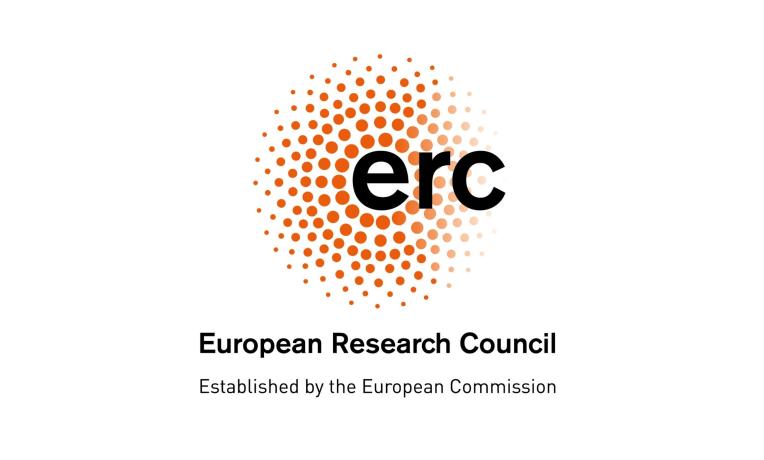
Why public opinion doesn’t always transfer to policy
 @ GettyImages
@ GettyImages
In democracies, policies are expected to correspond to public opinion. Yet, studies show that in most democracies, the link between what people want and the policies they get is selective. Responsiveness varies according to issues, public preferences, countries and times. With his Advanced Grant, Stefaan Walgrave aims to explain why politicians’ responses to public opinion is so patchy.
This research is inspired by previous work examining how elites evaluate public protests and how these evaluations determine protests’ success. The new research aims to provide insights into three aspects. First, what is the implicit scoreboard that elected representatives use to evaluate public opinion? Second, it will examine how public opinion is evaluated depending on its content, on who the public is, and on the channels through which the opinion reaches the politicians. Finally, Dr Walgrave will investigate to what extent and how evaluations of public opinion affect the actions of politicians.
To answer these questions, Dr Walgrave’s team will carry out a large-scale, comparative study in eight countries with diverse electoral and party systems: Australia, Belgium, Canada, the Czech Republic, Israel, Portugal, Sweden, and Switzerland. By examining how politicians appraise and follow up on public opinion, Dr Walgrave’s research may lead to a shift in how scholars think about democratic representation.
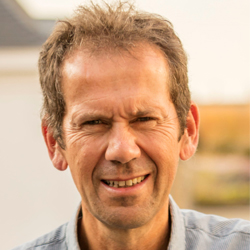
Project: How politicians evaluate public opinion (POLEVPOP)
Researcher: Stefaan Walgrave
Host Institution: University of Antwerp (Belgium)
ERC Funding: € 2.5 million for five years
The future of architecture?
 @ GettyImages
@ GettyImages
“Imagine tending to your house like a garden - a wall nourished by its environment and purpose. Imagine a building that breathes and evolves, metabolises energy and transforms with the seasons, sustaining itself.”
Architecture holds the key to how we will live in the future. When designing buildings, architects have so far mostly relied on materials that are easily mass produced, such as concrete and steel. However, facing a growing global resource crisis, there are many calls to use more sustainable materials in the construction sector.
Mette Ramsgaard Thomsen’s project asks how we can rethink building practices by using bio-based materials. They are fundamentally different from current building materials, which is one of the reasons why architects are proving hesitant to change the status quo. With an ERC Advanced Grant, Prof. Ramsgaard Thomsen and her team want to identify key barriers preventing the building sector to engage in this transition. In order to design more efficiently using these new materials, the project will try to better understand the lifespans and behaviour of bio-based materials.

Project: Eco-Metabolistic Framework for Sustainable Architecture (ECO-METABOLISTIC-ARC)
Researcher: Mette Ramsgaard Thomsen
Host Institution: The Royal Danish Academy of Fine Arts, Schools of Architecture, Design and Conservation, Denmark
ERC Funding: € 2.4 million for five years
Creating chips that perform like the human brain
Neural networks - algorithms that mimic the architecture of biological nervous systems - have fuelled the tremendous success of artificial intelligence (AI). Nevertheless, this comes at a cost: to train a state-of-the-art neural network on a modern supercomputer takes up to 1000 kW.h, which is equivalent to the energy consumed by a human brain working for six years. The ability of human brains to perform extremely complex tasks with high accuracy and ultra-low energy requirements is the source of inspiration for Julie Grollier’s Grenadyn project. She aims to build a high-performance, self-learning processing AI system, based on nanodevices.
Our brains are complex systems that exhibit a wealth of fascinating physical phenomena, such as phase transitions, oscillations and energy minimization. The new project’s goal is to make networks of physical nanodevices that can also learn through physical principles. Due to their versatility, the project will use condensed matter nanodevices as they can also imitate both the synapses and neurons that form the main components allowing our brains to learn.
Dr. Grollier’s physical networks would not only be more energy-efficient when learning but could also result in a smaller number of errors. Using the new approach, her research team will build miniature chips that learn to perform extremely complex tasks, such as image and speech recognition.

Project: Neural Gradient Evaluation through Nanodevice Dynamics (Grenadyn)
Researcher: Julie Grollier
Host Institution: Centre national de la recherche scientifique (CNRS), France
ERC Funding: around € 2.46 million for five years
Tackling emerging viruses
 @ GettyImages
@ GettyImages
New human disease-causing viruses that originate in animals are an increasing concern. Their emergence is also a poorly understood process. The COVID-19 pandemic showed tackling wildlife viruses is an urgent challenge.
Scientists have recently launched massive sequencing programs to characterize viruses from wildlife, but we still do not know how these viruses function and whether they can potentially infect humans. Moreover, isolating and culturing wildlife viruses is often unfeasible due to current technical obstacles and ongoing biosafety concerns.
Rafael Sanjuán and his team at the University of Valencia aim to provide crucial clues about viral emergence, using experimental methods from the fields of virology and evolutionary biology. This new frontier research may reveal repeatable evolutionary pathways that could improve outbreak predictions, and increase the feasibility that broad‐range, antiviral therapies could be used to combat emerging viruses.
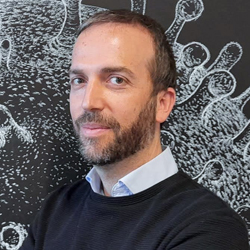
Project: Experimental Virology for Assessing Disease Emergence Risks (EVADER)
Researcher: Rafael Sanjuán
Host Institution: Universitat de València, Spain
ERC Funding: € 2.43 million for five years
Pancreas cancer and obesity
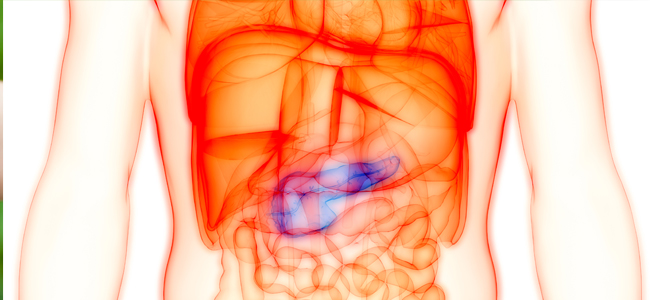 @ GettyImages
@ GettyImages
Pancreatic cancer is one of the most lethal cancers. As it has almost no effective treatment options, we urgently need new ways to treat this devastating disease. So far, analyses of pancreatic cancer cells have not resulted in better treatments and significant improvements in survival rates. Now, new research will create a better understanding of the mechanisms that drive pancreas cancer, with a particular focus on the poorly understood roles of obesity. The insights developed will provide a strong basis for the development of new therapies.
Research has already revealed two interesting features of pancreas cancer. Firstly, pancreas cancers contain an extremely high stromal component – these are normal cells that become part of the tumour mass and help control the cancer’s spread. Secondly, obesity – a rapidly growing epidemic worldwide – is associated with increased pancreas cancer development.
Karen Vousden and her team will develop a coherent understanding of the interplay between pancreatic cancer cells and surrounding fat cells. Using state-of-the-art analyses, they will identify novel aspects of metabolic control of the tumour cell environment, how these changes promote pancreas cancer progression, and the impact of obesity on these processes.
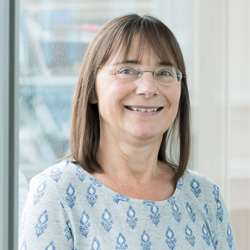
Project: Metabolic mechanisms underpinning obesity-driven pancreatic cancer (PancObese)
Researcher: Karen Vousden
Host Institution: The Francis Crick Institute, UK
ERC Funding: € 2.5 million for five years
Please note that the data in this article e.g., the names of the host institutions, is based on the information contained in the proposals for ERC grants, submitted in 2020. The amount of the awarded funding is also tentative until the grant agreements are signed.





